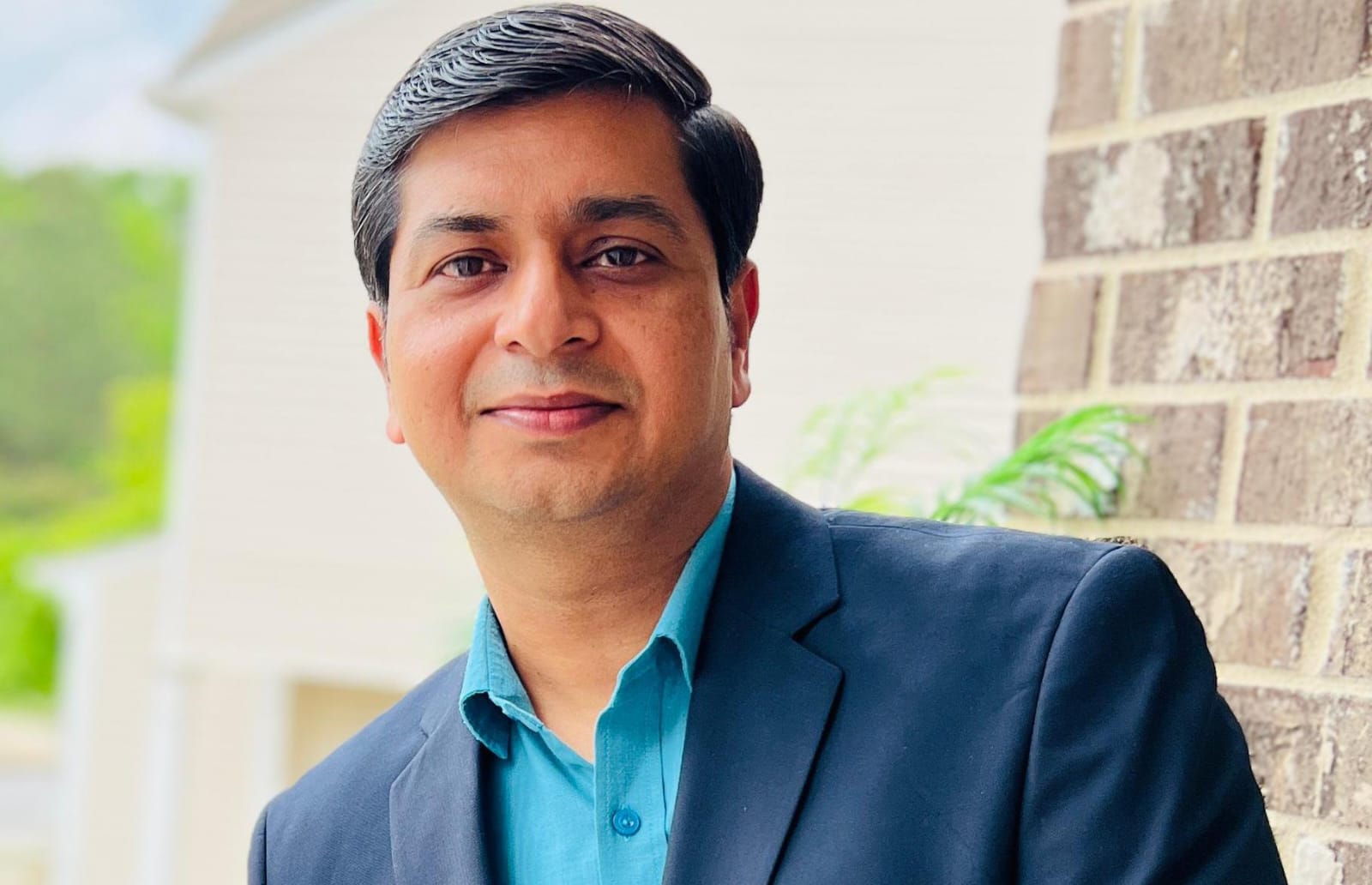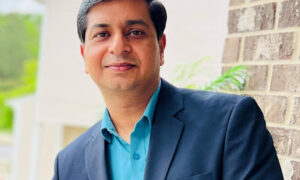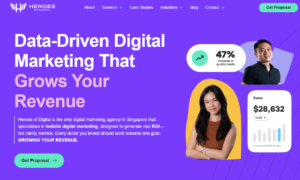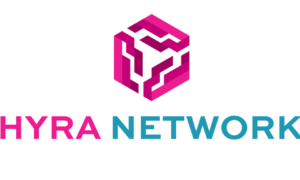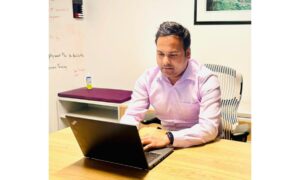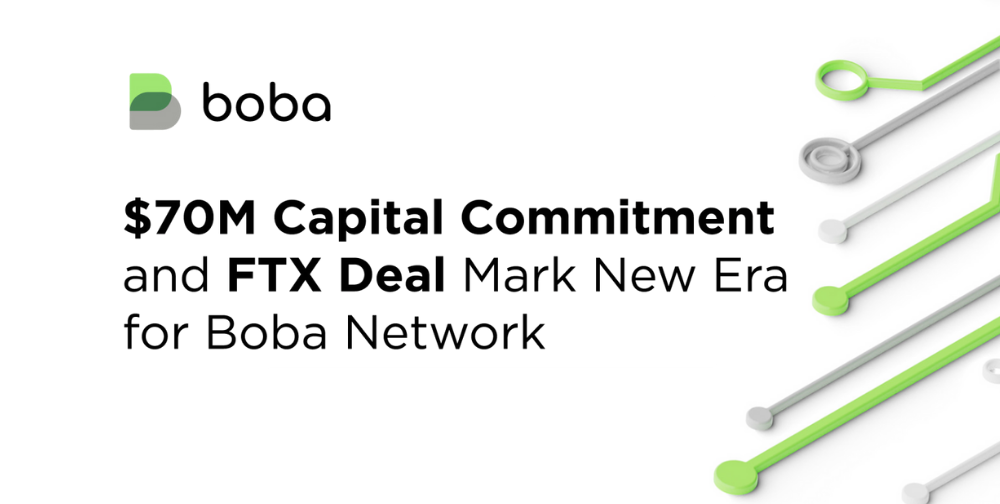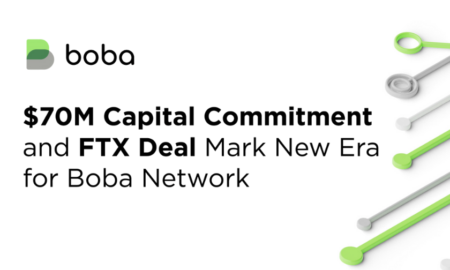Few professionals are able to distinguish themselves as both technical leaders and community contributors in a field characterized by intense innovation and frequent change. Today, we are honored to speak with Rakesh Kumar Mali, a Delivery Module Lead at Mphasis Corp USA, a fellow of the Soft Computing Research Society, a mentor, an independent researcher, a peer-review board member at the International Research Journal of Innovations in Engineering and Technology, a senior IEEE member, and a judge at the esteemed Globee Awards. Rakesh has over 14 years of expertise developing and implementing scalable enterprise solutions, and he has made significant contributions to cloud transformation, modern application architectures, and technology leadership.
In this candid conversation, Rakesh Kumar Mali shares insights on leadership, continuous learning, and the importance of giving back to the tech community.
Q1: Congratulations on your impressive journey so far! Could you begin by giving us a brief overview of your responsibilities as a Delivery Module Lead?
Rakesh Mali: Thank you! As a Delivery Module Lead, I’m responsible for end-to-end ownership of several mission-critical software delivery modules. My role includes technical leadership, solution architecture, and project execution. I lead a cross-functional team of developers, architects, and QA engineers, ensuring that we deliver scalable, high-performance microservices-based applications that meet both business and technical requirements.
Along with overseeing deadlines and deliverables, I collaborate directly with client teams, stakeholders, and product owners to understand and convert challenging business issues into technological solutions. These solutions are mostly based on utilizing modern technology stack such as Java, Spring Boot, Cloud-Native technologies, and DevOps techniques. Along with encouraging engineering best practices and mentoring team members, I’m always looking for ways to increase quality, collaboration, and velocity across the development lifecycle.
In the end, I want to make sure that we provide value—not simply software—and that we lead with an attitude that strikes a balance between creativity, dependability, and client happiness. I genuinely love the daily challenges that come with my work, which requires a mix between technical proficiency and strategic thinking.
Q2: You have received recognition as an IEEE Senior Member and Soft Computing Research Society Fellow. How has that honor affected your career path, and what does it mean to you?
Rakesh Mali: A very inspiring and humble moment in my career has been being named a Senior Member of IEEE and being awarded a Fellowship by the Soft Computing Research Society. It honors professional accomplishments to the engineering and technology fields in addition to years of experience. It has opened new doors for collaboration, peer networking, and has deepened my commitment to pushing the boundaries of innovation.
These accolades are not just recognition of previous accomplishments; they also signify a commitment to making a greater impact on the discipline and the wider community of tech experts and researchers.
These accolades have reaffirmed my dedication to technical excellence, lifelong learning, and innovation, particularly in fields like distributed systems, cloud computing, and AI-integrated architectures. Through this, I’m growing my professional network around the world, which is enabling me to work with other scholars, write for publications, and take part in peer reviews and significant conferences.
Most importantly, they have inspired me to mentor young professionals, encourage the exchange of knowledge, and support ethical and innovative strategies in the field of technology. I view these accolades as both an incentive and a duty to continue pushing limits and elevating others along the way.
Q3: Additionally, you serve as a peer reviewer for International Journal. How has being on a review board influenced your view of software engineering research?
Rakesh Mali: My perspective on software engineering research has been greatly expanded by my work as a peer reviewer for a prestigious international publication. It has given me an opportunity to see how other innovative minds around the globe are working towards emerging technologies and trying to deliver better solutions for the entire tech world in areas like AI-driven development, system optimization, and security frameworks.
It has also improved my ability to think critically. When I assess research for originality, clarity, and technical depth, I am forced to ask myself: Is this concept scalable? Is it applicable to systems in the real world? What are the ramifications for security and ethics? I now pose these similar questions more frequently in my daily work as an engineering leader.
Being a reviewer teaches responsibility, above all else, not only for maintaining academic standards but also for fostering innovation by giving helpful, respectful, and practical feedback. The position serves as a constant reminder that thoughtful inquiry is frequently the foundation of the finest engineering solutions and that my understanding of the rigor behind effective research is improved.
Q4: In terms of mentorship, you volunteer as a mentor at Medium.com and CodePath.org. What drives you to volunteer your time to mentor others, and what guidance do you offer future engineers?
Rakesh Mali: Being a mentor is immensely fulfilling. Having mentors who believed in me has been a blessing, and I think it’s crucial to return the favor. Aspiring engineers should, in my opinion, maintain their curiosity, welcome lifelong learning, and never hesitate to ask questions. Stepping outside of your comfort zone is a great way to learn, and mentoring allows me to help others see and take advantage of these possibilities.
Q5: You are the author of research articles. How do you go about creating technical papers, and what subjects do you concentrate on?
Rakesh Mali: Yes, I’ve had the pleasure of writing research articles, and my main areas of expertise include scalable microservice architectures, cloud-native application design, performance optimization methodologies in distributed contexts and AI integration in business systems. An effective paper not only addresses a real-world issue but also advances novel concepts to the scholarly world. I often begin with a robust theory, use actual data to support it, and then provide the findings in a well-organized and straightforward way.
Since I think that research should be based on relevance, I frequently consider reoccurring problems or weaknesses in the way that technology is now used. I then look at current solutions, their drawbacks, and possible directions for development.
I frequently consider recurring problems or lacunae in existing technology practices because I think study should be based on relevance. From there, I look at current remedies, their drawbacks, and possible avenues for improvement.
Above all, I view technical writing as a means of giving back to the community by exchanging ideas, igniting discussions, and extending an invitation for cooperation. Seeing your concepts become solutions that others expand upon or modify in novel ways is immensely satisfying.
Q6: Receiving a nomination as a judge for the Globee Awards is another noteworthy accomplishment. How does it feel to be in a position to evaluate innovation at such a high level?
Rakesh Mali: The experience is both inspirational and humbling. I am reminded of how dynamic our profession is and how learning never stops when I have the opportunity to study cutting-edge technologies and creative ideas from around the world. Additionally, it inspires me to keep improving my own standards of excellence.
Q7: The International Scientific Society just invited you to give the keynote presentation at an International Conference. How was that experience.
Rakesh Mali: The International Scientific Society extended an invitation for me to speak at their keynote address, which was a real honor and a fantastic experience. It gave me the chance to engage with a worldwide community of researchers, technologists, and business executives who share my enthusiasm for innovation, in addition to sharing insights.
I spoke about “Reimagining Logistics: The Role of Generative AI in Logistics and Supply Chain Transformation,” a topic that is both current and extremely pertinent. In preparation for it, I had to break down complicated ideas into a story that was insightful, approachable, and forward-looking. The active participation, which allowed me to observe how the concepts resonated with individuals from various technical backgrounds, was what made the experience particularly fulfilling.
However, the experience also reinforced the importance of worldwide cooperation and information exchange in influencing the direction of technology’s future. Additionally, it rekindled my desire to continue learning, mentoring, and giving back to the community.
Q8: You perform a variety of roles, including Delivery Lead, Researcher, Mentor, Judge, and Fellow Member. What strategies do you use to maintain a good work-life balance and manage your time effectively?
Rakesh Mali: Passion and prioritization are essential. My activities are consistent with my fundamental values of learning, contributing, and leading. I am careful to be in the moment, establish clear objectives, and organize my time. Loving what you do makes it seem like purpose rather than labor, even if it’s not always simple.
Q9: Last but not least, what are your future plans? Do you have any interesting objectives or projects you’re striving for?
Rakesh Mali: Indeed, I am really thrilled about the future. I am presently heavily engaged in leading the transition of outdated corporate systems to cloud-native microservices architectures, which improves performance and scalability while also supporting sustainability objectives by enabling more efficient computing.
Additionally, I’m looking at DevOps automation driven by AI, where predictive analytics and generative technologies might revolutionize the way we release, monitor, and manage applications. I think the intersection of AI ethics and business software systems is a timely and important issue, which is what I’m currently working on in my research.
I want to continue to lead innovation within my company while also contributing more to the worldwide tech community over the long term through mentorship, publications, and public speaking. I’m excited to continue pushing the envelope during this thrilling period in technology.

